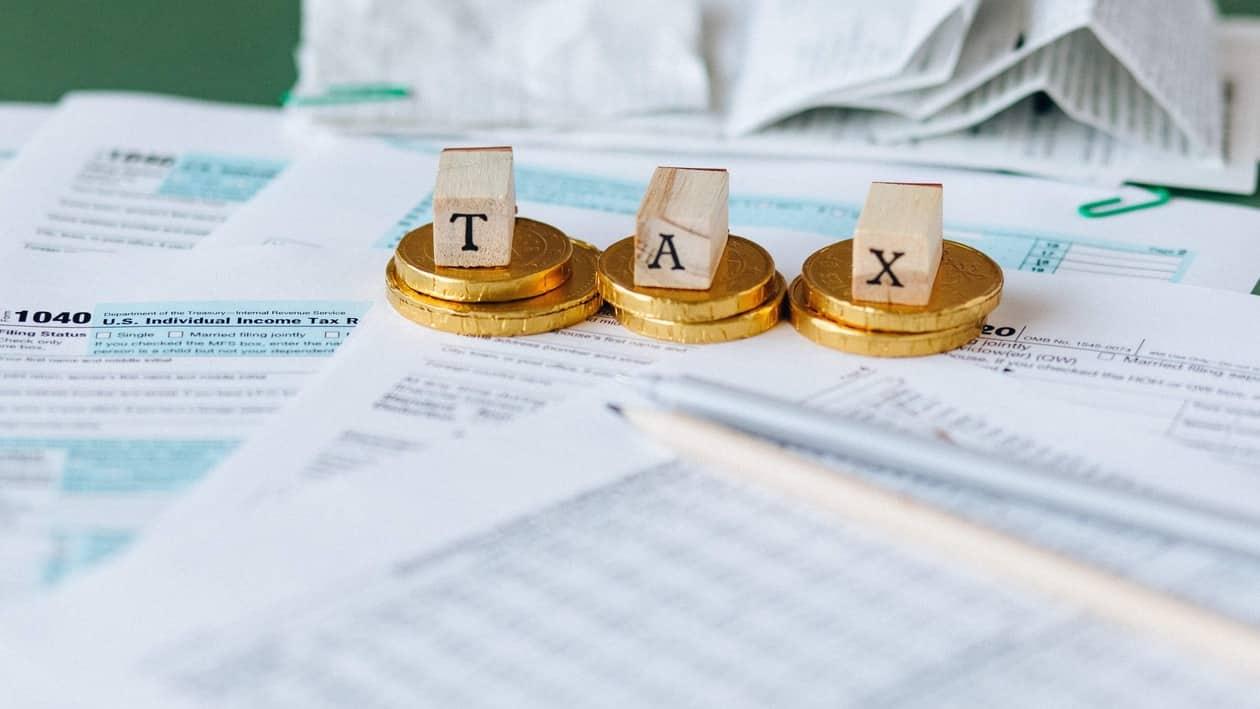Tax evasion is a major issue faced by governments all over the world. In India, it has become increasingly common since the onset of liberalization and globalization of the Indian economy. Tax evasion refers to any activity which intends to hide, understate, or fraudulently disclose income to lower one's tax liability. It includes failure in paying taxes on time or paying less than the actual tax payable intentionally.
The Income Tax Act of 1961 provides strict penalties for non-disclosure of income and other forms of tax evasion. Tax evasion affects the revenue of the government and causes an imbalance in the distribution of wealth. The penalties vary depending on the severity of the crime and can include both financial and criminal punishments.
What are the different ways through which taxpayers undertake tax evasion?
Non-remittance of due taxes
One of the most common ways of evading taxes is the non-payment of due taxes. Individuals or companies may deliberately not pay their taxes even when they have a due amount. This can be done by under-reporting income or claiming false deductions. Non-payment of due taxes can result in heavy penalties and other legal repercussions.
Smuggling to save taxes
In order to avoid different types of taxes such as state taxes, custom duties, and import-export taxes, many businesses resort to smuggling. This is illegal and subject to heavy penalties as per Indian law. If caught, offenders may face even higher penalties for attempting to evade taxes.
Keeping money outside the country
International bank accounts are not subject to the purview of the Indian IT department. Some people choose to hide money in offshore accounts in order to avoid paying taxes on their income. This is illegal and can result in heavy penalties and jail time if caught.
Fake documents
The government provides certain exemptions to individuals in order to ensure that they have more liquidity at hand. However, some people take advantage of this by producing fake documents in order to claim these exemptions even when they do not qualify for them. This is considered to be a form of tax fraud and is punishable by law.
Submitting incorrect returns
Another method of tax evasion is submitting incorrect tax returns. Some individuals may submit false information or understate their total income in order to reduce their tax liability or even avoid paying tax altogether. This can also lead to legal action if the individual is caught.
Fake financial statements
Businesses may keep inaccurate financial documents such as accounts books and balance sheets in order to project a lower annual income. This helps them to reduce their overall tax burden. However, this is considered to be a form of fraud and can result in legal action being taken against the business.
Bribery
Birbery is another way in which tax evasion can occur. Some individuals may bribe officials in order to get a lower tax bill or even eliminate it entirely. Bribery is an illegal act and those caught doing so can face severe penalties.
What are the penalties under the income tax act for evading taxes?
- The main penalty for late filing of income tax returns is a fine of up to ₹5,000. The assessing officer will decide the amount of the fine depending on the circumstances of the case. This penalty is applicable if the taxpayer fails to file their returns within the prescribed date and/or in full compliance with the relevant provisions of the Income Tax Act, 1961.
- If the taxpayer tries to conceal the original earnings or income, the penalty imposed will be between 100% and 300% of the tax evaded, as per Section 271(C). Concealing income is a serious offence and can result in hefty fines and even prosecution.
- A taxpayer found guilty of willfully attempting to evade or under-report income exceeding ₹25 lakh can face imprisonment for up to seven years and heavy fines, as per Section 276C of the Income Tax Act.
- In accordance with Section 44AB, taxpayers must get their accounts audited or furnish a report of audit. If the taxpayer fails to do so, the penalty incurred will be 0.5% of total sales, turnover of the gross receipts, or ₹1,50,000, whichever is more.
- It is punishable to provide inaccurate information, including PAN details, when filling an ITR. Providing an incorrect PAN attracts a penalty of Rs.10,000 whereas not providing PAN results in higher TDS being deducted, i.e., 20% instead of 10%.
Any individual who deducts tax at the source or collects tax at source is also required to collect the tax deduction and collection account number (TAN). In case of failure to do so, a penalty of ₹10,000 will be imposed.
Apart from monetary fines, tax evasion also invites criminal prosecution. Depending on the severity of the offence, the offender may face prosecution in court and even imprisonment.
Moreover, the offender’s assets may be seized and auctioned off to cover the unpaid taxes. Furthermore, the offender may be blacklisted from getting certain benefits from the government. Hence, it is always advised to pay your full taxes in accordance with income tax laws.
